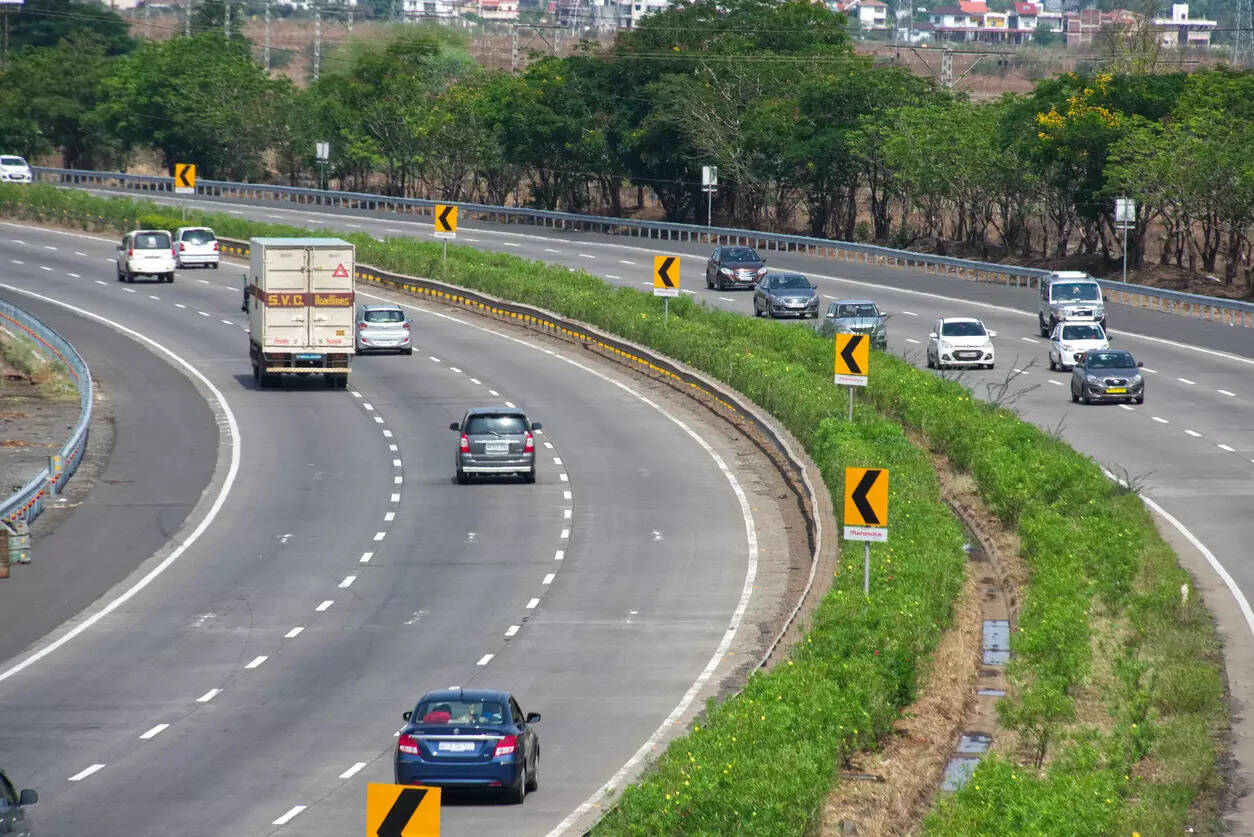
India must formulate automotive regulations tailored to its own driving conditions and road realities rather than replicating Western norms, Automotive Research Association of India (ARAI) Director Reji Mathai said according to Times of India.
Speaking at the CII NexGen Mobility Show 2025 in Pune, Mathai emphasised the need for India-centric data and regulatory frameworks, noting that the absence of domestic datasets could become the biggest challenge for the country’s mobility sector in the coming decade.
“We cannot just say that we are coming together to build something different. When we participate in the US forums, we see large volumes of data being presented to support how regulations are being formed,” Mathai said. “In India, the industry starts working only after regulators hover around them.”
A need for robust academic institutions
He underscored the critical role of academic institutions in building and validating databases for new mobility technologies, pointing out that innovation cannot be verified without strong empirical support.
Mathai noted that while India is advancing in technologies such as software-defined vehicles (SDVs) and autonomous driving, the lack of a comprehensive national database reflecting Indian traffic patterns, road diversity and driving behaviour limits progress in these areas.
Recently, ARAI inaugurated a state-of-the-art facility in Talegaon, designed to develop solutions for advanced driver-assistance systems (ADAS). The association has also collected road data spanning 37,000 km across 20 cities, aimed at creating a realistic foundation for next-generation vehicle technologies.
Mathai said the creation and use of India-specific data frameworks would be essential for developing effective, safe, and globally competitive mobility innovations.
